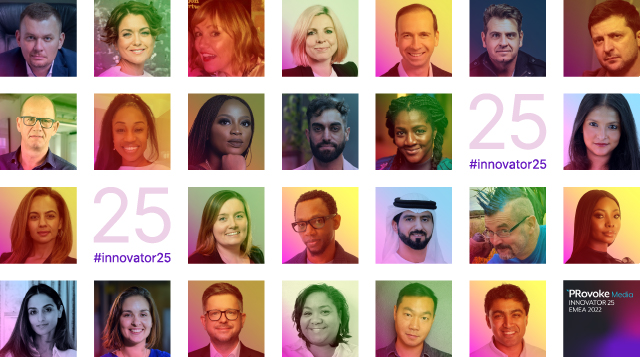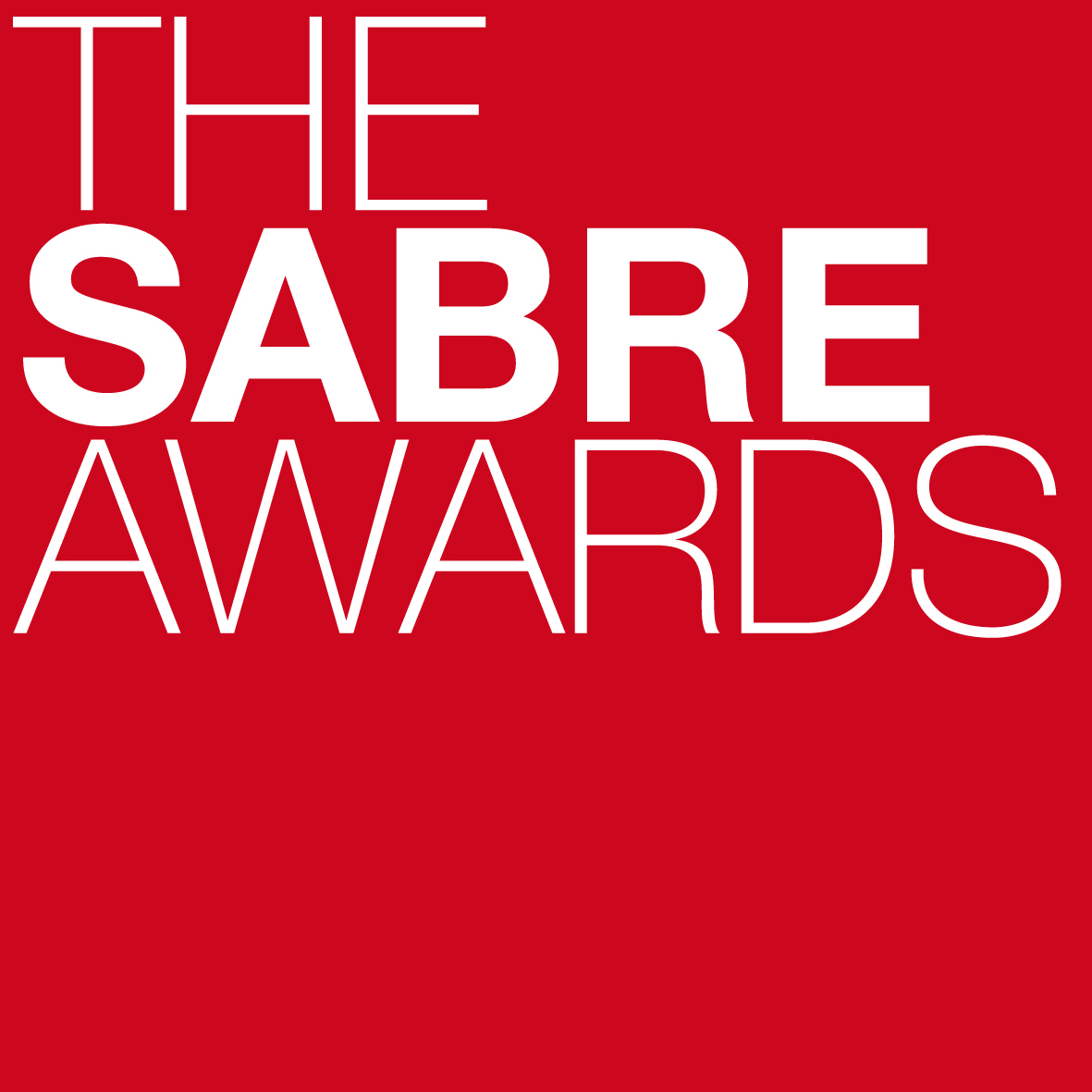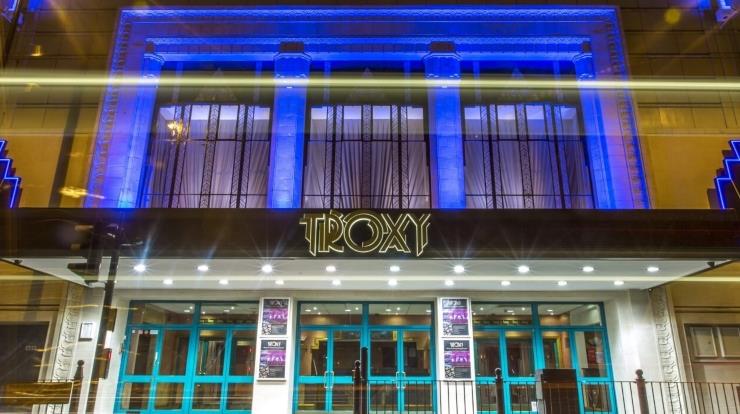
Łukasz Wilczyński
Co-Founder
Space Communications Alliance
Poland
“A lack of skills and competencies in change management is often the primary resistance to implementing innovation.”
Łukasz Wilczyński has taken his relatively niche passion for and knowledge about the space science and exploration sector to interstellar professional levels, as the co-founder and president of the new Space Communications Alliance, the world's first global communications and PR network for the space sector. Wilczyński has more than 18 years’ experience in corporate communications, reputation management, brand strategy and storytelling for new technology sectors, and is the founder and former CEO of ‘future-driven’ Polish PR agency Planet Partners. His enthusiasm for all things space-related extends well beyond the private sector and NGO clients he has worked with: from 2008 to 2013, Wilczyński was European coordinator of The Mars Society, and in 2014 became the co-founder of the European Space Foundation and its flagship project the European Rover Challenge, which supports young engineers and scientists in their entry to the space market entry road. A regular speaker at science festivals and TEDx and IAC conferences, Wilczyński also teaches communications and PR, runs courses on the trends and benefits of the space sector, and is currently in the process of writing his PhD dissertation on global communications in the space sector.
How do you define innovation?
In the thicket of the ever-increasing number of new technologies surrounding us, it is often not the technologies that are innovations but a different perspective on the tools or products we already use. An example of a coming massive innovation for me is the whole area of preparing for man's return to the moon and future manned flights to Mars. Why? Because to survive there, we will have to go back in thinking to the time of primitive cultures that, fortunately, we can still observe them here on Earth and restore ISRU (In Situ Resources Utilization). Because on these new "lands," the availability of raw materials will be severely limited. As you can see, it's not just technology but social behavior proven over thousands of years that will be at a premium here.
What is the most innovative PR or marketing initiative you've seen over the past 12 months?
The past year has been prosperous in many such initiatives. However, if I had to point out, I would choose Ukraine, which is close to me (not only geographically), and its incredibly engaging communication efforts about what has been going on there for the past few months. First, the conditions it came to operate should be appreciated because it's the first time I've seen such communication conducted under war conditions. In Poland, we've taken millions of refugees under our roofs, and we know how hard it is for Ukrainians to reconcile nevertheless what's happening daily in their country with the need to focus on their work (and, in the case of communication, to incorporate a high level of creativity in their activities additionally). Secondly, the chosen tactic of using a wide emotional range of audiences in communications (from building horror at the revealed war crimes of the Russians to evoking laughter at the ineptitude of the aggressor in its operations). This works because it engages social media worldwide, building much-needed support for them at the community and political levels (because some of these activities translate into very relevant outreach to decision-makers). Thirdly, the speed of launching activities and their coordination. All this will probably be the subject of industry analysis after the hopefully successful defense against the invaders.
In your opinion, which brands and/or agencies are most innovative in their approach to PR and marketing?
One has recently noticed a rather interesting pivot in the communications of some fashion brands, which have seen the growing trends in recycling or reuse (and I sincerely hope that they don't end up going greenwashing with their communications alone). If I were to name specific brands, I might be heavily subjective. Still, as a long-time enthusiast of the LEGO brand, I'm pleased to see their communications return to their roots of igniting passion and educating about diversity. I can finally see the recognition (including communication) of LEGO's adult fans (AFOLs) and a focus on a new audience that no longer wants cross-promotion with well-known brands but pure, educational fun that sparks the imagination, which is especially important in early development. I also root for IKEA's exciting and often highly engaging brand communications. Their legendary RTMs have already raised the de facto expectations of Internet users for the brand's subsequent response to some loudly commented situations on the web. And it should also be noted that it is scarce in this area for a brand to misbehave in its communications (which also indicates an extensive and well-managed coordination process).
Describe a moment in your career that you would consider to be innovative.
I think the moment has just arrived. After years of working for clients in innovative areas, I decided to initiate the creation of the world's first international marketing communications network for the space sector, the Space Communications Alliance. I analyzed the market from the level of existing business and communications networks (to which Planet Partners belongs). I also studied the needs and, above all, the nature of the space sector itself, which entities operate strongly internationally, so the traditional arrangement of the geographic area of operations of network members did not come into play much here. That's why I decided to base the functionality of the SCA network on a combination of good practices from the functionality of communication networks and typical business networks, bringing together entrepreneurs from different industries who often sought their synergies in acting for joint customers. Of course, we still have a long way to go, as we are just beginning to build a market position. Still, we have no shortage of ideas on how to take care of this highly complex sector of the economy (which is more horizontal than typically vertical).
Who do you admire for his/her approach to innovation?
Daily, I have the pleasure of working for and observing entrepreneurs in the industrial, technological, and just space industries. And I admire them for the way they are increasingly approaching, not only increasing their profits at the expense of exploiting the environment or simply draining our pockets. Indeed, I observe the ideas being implemented to improve our environment (e.g., through initiatives in the area of new energies, recycling, or the increasingly popular trend of reuse). In the aerospace industry, on the other hand, I see the growing use of satellite technology and data being implemented in more and more industries (such as agriculture, health care, and public and personal transportation). Of course, this is necessitated by our current highly consumerist approach (also about the environment), but it is nevertheless gratifying to see changes being designed and implemented.
How do you get out of a creativity rut?
First, I often step out of my industry to learn about other industries' thinking models and how they deal with challenges. That's why I attend conferences in other sectors. Second, it's helpful to ask what drives you and nurture that in yourself at least once a week. I have established one day a week for self-development, not necessarily related to the PR industry. This allows me to avoid daily challenges, KPIs, or familiar problems. Last, nature, family, or returning to the roots. Since this has worked for thousands of years, it's worth taking advantage of and putting on your calendars. Because life often brings us excellent patents to stimulate creativity. But I’m talking about the real one, not that from social media and streaming platforms.
What advice would you give to the PR industry around embracing innovation?
If I could give some advice, it would be to acquire skills and competencies in change management. Because it is the lack of these that is often the primary resistance to implementing innovation. Our industry is currently undergoing a radical change. For years we debated, for example, the issue of replacing an AVE indicator that was bad by design; today, it's almost a necessity. Other marketing disciplines have more and more hard indicators of their activities. If we don't start managing the change, we will be left behind with the difficulty of explaining our business values in an increasingly digitized world. It's also worth not being afraid to experiment. At Planet Partners, we occasionally run our own proprietary communications projects in which we test new approaches, consult with partner agencies worldwide, and propose them to clients. Why do we constantly chase new solutions? Because just because something works today doesn't mean it will work next year. The pandemic should have taught us this by now, that change is now the new constant.
What would you be doing if you weren't doing your current job?
I find it hard to imagine. Even if my considerations included quantum theories and the famous theory of parallel universes, it still seems that I would be doing what I'm currently doing in each universe. Why? Because I have always shaped myself into a person who connects the dots, and I am a PR person by character and passion rather than just by education or quite a bit of experience. Working in communications and PR allows me to pursue my passions (including those as distant as the one for the space sector, as you can see) and strengthen myself intellectually and personality-wise. This is not just a job, but to quote the code of Japanese warriors - this is our path. The hardships on this path become the path, and what we meet on the way becomes the way.
Which book/movie/TV show/podcast/playlist/other cultural source has provided inspiration over the past year?
In the hubbub of a rash of new podcasts and all sorts of new book and TV items, I recently reached for the classics. Both ancient ones from the European area (here I recommend exploring the philosophy of the Stoics) and Far Eastern ones (from a place close to my interests - Japan). In a world fragmented by pandemic and with increasingly technological innovations invading our social lives, the skills of pure human communication and time for reflection are becoming downright essential.
How would you like to see work culture, and the role of the office, evolve?
The pandemic has forced many of us to reduce the functionality of our offices in favor of home offices. The return to offices is taking place in varied, highly individualized ways. Indeed, while some employees are thirsty for a return to the office routine, some have tasted the freedom to work like digital nomads and prefer to dictate their terms. Thus, we have similar struggles to, for example, the IT industry, where what also matters is, on the one hand, a cohesive team and, on the other hand, often strongly individual expertise. In my opinion, however, everything can be reconciled, and to adjust the work model (and office functioning), you should first correctly examine your team. After all, not everyone is predisposed to hybrid work.
How can the PR and communications industry harness innovation to make more progress on diversity, equity and inclusion?
The growing availability of AI-driven tools for the PR and communications industry will allow us to include more and more diverse social groups in our activities. First of all, the very use of AI-based tools (or machine learning for the time being) triggers the need for a joint discourse with representatives of philosophical, ethical, or sociological sciences, just as it does in the area of the IT sector itself. The pandemic has also forced a broader necessity to incorporate teleworking tools and distributed team management, which makes it possible to include, for example, people with mobility disabilities in the work of PR agencies. In turn, the universality and often complementary nature of these tools provides opportunities for people from other cultural and linguistic backgrounds to participate in activities in hitherto more culturally homogeneous markets (as seen in the growing importance of international teams within agencies themselves as well). The pandemic-induced discussion of forms of employment or organization of working time, in turn, has changed and is changing the industry and its attitude toward, for example, digital nomads or people who already set their work-life balance differently. We have seen at our agency, Planet Partners, for years that a highly flexible and open work environment must be created to combine hard business results with high creativity.


 Podcasts
Podcasts Videos
Videos Profiles & Interviews
Profiles & Interviews Crisis Review
Crisis Review Coronavirus
Coronavirus Trend Forecasts
Trend Forecasts Social & Digital
Social & Digital Technology
Technology Consumer
Consumer Employee Engagement
Employee Engagement Sports Marketing
Sports Marketing  Global PR Agency Rankings
Global PR Agency Rankings Agencies of the Year
Agencies of the Year Innovator 25
Innovator 25 Creativity in PR
Creativity in PR Asia-Pacific Communication Index
Asia-Pacific Communication Index SABRE Awards
SABRE Awards PRovokeSummit Global
PRovokeSummit Global PRovoke Media Regional Series
PRovoke Media Regional Series Agencies of the Year
Agencies of the Year Roundtables
Roundtables Agency Playbook
Agency Playbook.jpg) All Jobs
All Jobs







